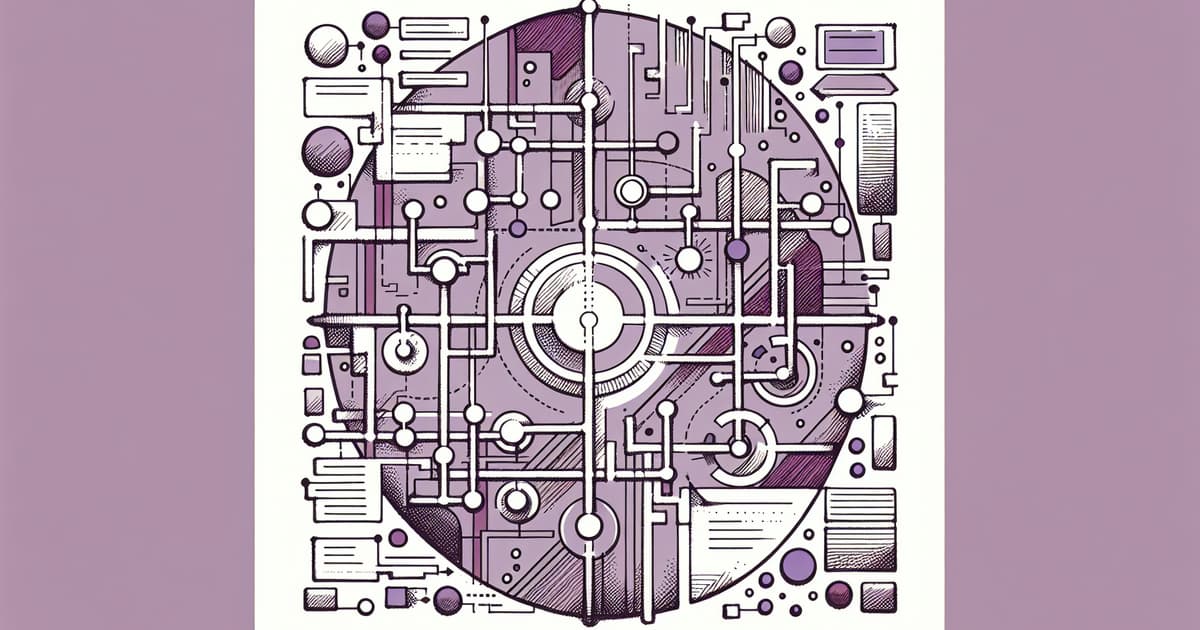We can't find the internet
Attempting to reconnect
Something went wrong!
Hang in there while we get back on track
Exploring Elixir's Unique Observability Features
401
clicks

Source: underjord.io
This article by Lars Wikman delves into the realm of Elixir's abilities to observe and monitor applications built on the BEAM virtual machine, highlighting traits that are uncommon or exclusive to the Erlang ecosystem. A core aspect Wikman touches upon is the BEAM's preservation of application structure post-compilation, which contrasts with languages like C or C++ where the compiler significantly transforms the code. The purposeful design of Erlang, initially aimed at enabling hot code updates, makes the runtime exceptionally introspectable, allowing developers to investigate and interact with live processes at a granular level. Key tools for Elixir developers are discussed, such as the iEx REPL for live debugging in production environments, Erlang's sys.get_state/1 for inspecting process state, and Elixir's Process.list/0 and Process.info/1 functions for process monitoring. The article also examines higher-level tools like the observer UI application, Phoenix LiveDashboard, and recently developed Orion, a dynamic distributed profiler. Moreover, Wikman covers the powerful tracing facilities embedded within Erlang, which enable capturing performance and function-execution data across a distributed system. He proposes that these deeply integrated observability features offer avenues for innovation beyond the capabilities of other programming environments. However, the author notes accessibility limitations when Elixir applications are deployed on platforms without direct server access like Heroku, meanwhile, platforms like Fly.io are praised for their alignment with Elixir's needs. Overall, Wikman underscores the significance of Erlang and Elixir's thoughtful design which extends beyond syntax to serve broader goals, positioning observability not as an afterthought but as an intrinsic part of the language and runtime.
Related posts
© HashMerge 2026


